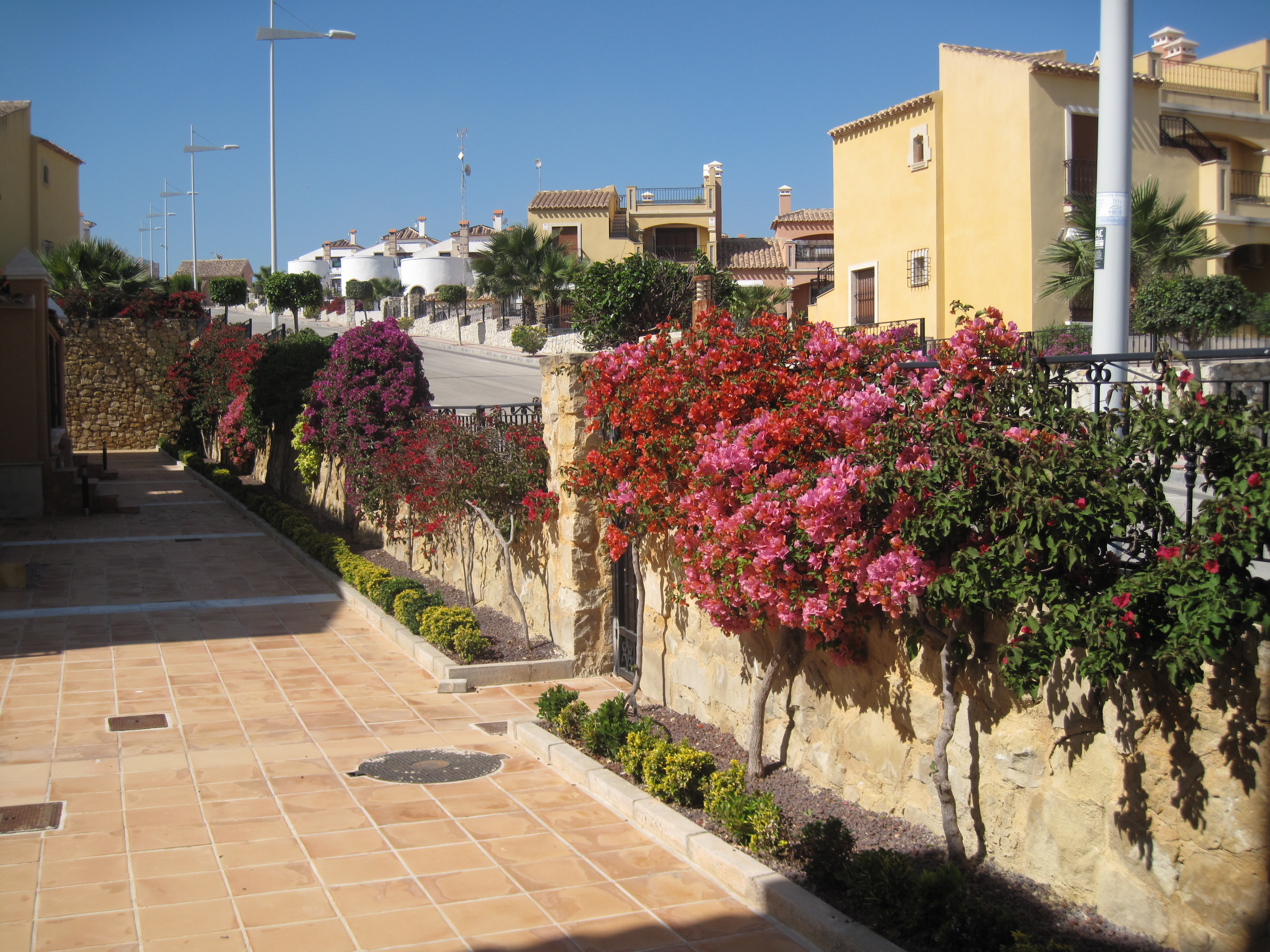 This post was prompted by someone who messaged me after reading my blog post about buying on a community. She asked if there was anything she could do to find out what life was really like on a particular community, and how she could avoid potential problems. To some extent, it is the luck of the draw, but there is also a lot of research you can do on your own behalf.
This post was prompted by someone who messaged me after reading my blog post about buying on a community. She asked if there was anything she could do to find out what life was really like on a particular community, and how she could avoid potential problems. To some extent, it is the luck of the draw, but there is also a lot of research you can do on your own behalf.
Talk to the President (or Vice President)
Rmember that the President is the person who is legally responsible for all aspects of administration of the community. He may have a Vice President to assist, and a Committee to bounce ideas off, and some Presidents may involve the Committee in the decision making, but in law, it's all down to the President. So, talk to the President, raise any concerns you may have, ask about the community rules, and how the fees and the budget are calculated.
If the President is not happy to discuss the community with you, maybe you should look elsewhere. When we were buying on La Finca, the incumbent President was very helpful, and played a big part in our decision to buy on that particular community. The best type of President is a strong character who will strike the right balance between being friendly and approachable, and also firm and decisive when it comes to making tough decisions and acting in the best interests of the community as a whole. If everyone loves the President, he's not doing his job right.
Check out the minutes of previous AGMs
Okay, minutes can be a bit dry, and not really give you a 'feel' of the community itself, but they will give you an idea of who turns up at the meetings, and how the voting goes on decisions. If there's a good attendance at the AGMs, that means the owners are proactive in their community. If the attendance is low, and there are a lot of proxy votes - especially if the proxy votes rest with just one or two people - it's a bad sign. It indicates two things: that a lot of the community members don't really care what's going on, and that some people may be rounding up proxies to get the outcomes they want. This can happen when a vociferous minority make their preferences felt, and other community members are either intimidated or feel that it's not worth putting their views forward.
AGM minutes can also give you a good idea of how well the community budget is planned and executed, and you can see how many debtors the community has. If owners are not paying their fees, then essential community services may have to be curtailed.
Ask around locally
If there are problems in a community, the word often spreads. Just come straight out with it and say you are thinking of buying on X community, and does whoever you are talking to know if it's a good idea. Check out local expat businesses - lurk around in the English supermarket or mail room and listen to the gossip. And check out local forums for inside information.
Check out the local English language papers
Most local newspapers have an online edition with a search facility. Put the name of the community into the search engine, and see if anything interesting comes up. If there's a long running dispute, or if the community is socially active and integrated with the locals, there'll be something about it in the local English language press. It will help to give you a more rounded picture of the community and your prospective neighbours.
Putting in the research before you decide to buy a property on a community within an urbanisation could mean the difference between living the dream and being landed with the home from hell.Take the time to check it out, listen to the locals and look at the community objectively. You know it makes sense!
Like what you've just read? Check out my new blog here